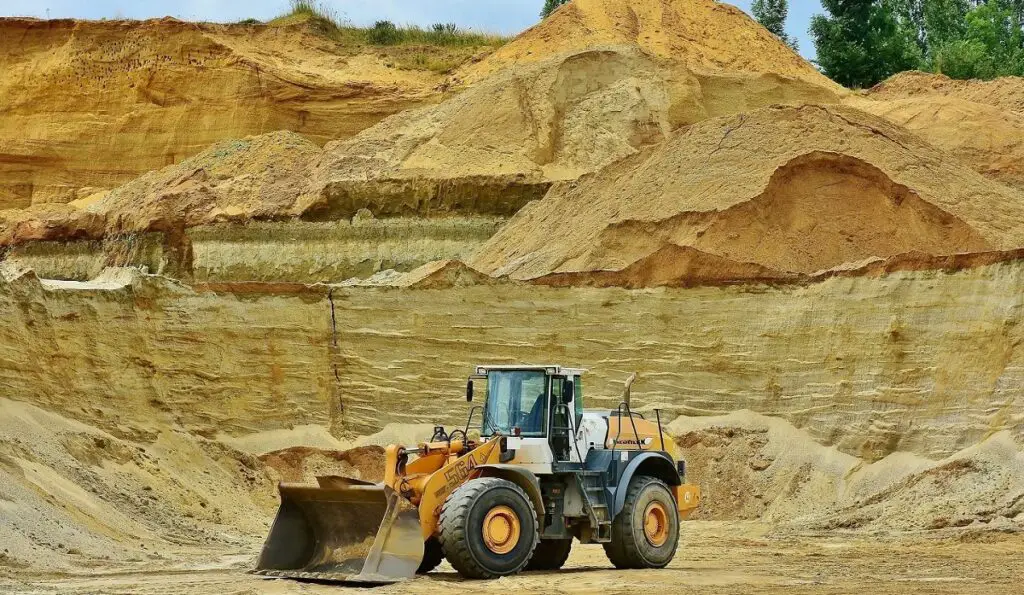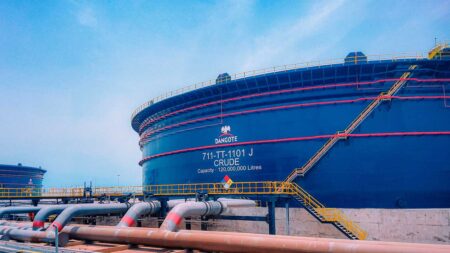- Most African countries are set to increase their economic growth next year compared to 2023, with East Africa leading the charge.
- Countries will be powered by their travel, tourism, transport, logistics, financial, and telco sectors.
- However, some African countries will not enjoy this fastest-growing economy wave as they will be under severe financial stress in 2024 due to their huge debt obligations.
The most recent analysis from the Economist Intelligence Unit (EIU) predicts that by 2024, Africa will have the world’s second-fastest expanding major area, behind only Asia. According to the EIU’s African Economic Outlook, Africa’s amazing growth trajectory is evidence of the continent’s resiliency and its enormous unrealized economic potential.
Most African countries are set to increase their economic development compared to 2023, with East Africa leading the charge, as noted by the EIU’s Africa Economic Outlook. Powered by their thriving travel, tourism, and hospitality industries as well as their robust transport, logistics, financial, and telecommunications sectors, countries like Ethiopia, Kenya, Uganda, Rwanda, Tanzania, and the Democratic Republic of the Congo (DRC) are poised to lead this dynamic growth.
Africa second fastest-growing economy in 2024
However, this optimistic economic picture is not without its obstacles. With its unpredictable politics, social problems, and armed conflict, the Sahel region faces a bleak security picture, as highlighted by the EIU research. Multiple African countries, including powerhouses like Algeria, Egypt, Ghana, and South Africa, are set to hold elections, which is predicted to increase the level of political risk in the region.
The EIU also notes that several African countries will be under severe financial stress in 2024 due to their huge debt and heavy payback requirements. For other countries grappling under similar loads, Zambia’s near completion of a debt restructuring procedure is an illustration of the financial troubles and potential road forward.
It is predicted that the double-digit inflation rates experienced in Angola, the DRC, Ethiopia, Egypt, Ghana, Nigeria, Sudan, and Zimbabwe over the past few years will begin to decline over most of Africa. This inflationary pressure is both a sign of a thriving economy and a warning sign of rising prices.
Even in the CFA franc zone, where currencies are tied to the euro, the EIU analysis forecasts only mild depreciatory pressure on exchange rates. Notably, countries battling high inflation rates are more likely to see a severe decline in their currency.
Read also: Africa’s struggle for tech-enabled economic growth
Cautious optimism for Africa
Overall, the EIU sees 2024 as a year of cautious optimism for Africa. Real GDP growth on the continent is expected to reach 3.2 per cent in 2024, up from 2.6 per cent in 2023. As the global demand for Africa’s hydrocarbons, mining output, and agricultural goods continues to rise, resource-intensive economies and big commodity exporters will be the driving forces behind this expansion.
Sahel-wide political tensions and military conflicts, while dangerous, highlight the adaptability and might of African nations. It is indicative of Africa’s economic potential that 12 of the world’s 20 fastest-growing economies in 2024 will be located there.
In sum, the EIU Africa Economic Outlook depicts a continent on the rise despite serious obstacles. Africa’s route to becoming the world’s second fastest-growing economy by 2024 will be defined by the continent’s unique blend of economic dynamism and complicated socio-political environments.
This trend not only emphasises the possibilities on the continent, but also stresses the significance of taking strategic and long-term approaches to making the most of these potential.
Fighting inflationary pressures in Africa
The effects of inflation, which have recently surfaced as a major problem for Africa, are anticipated to last at least until 2024. Although the EIU forecasts a decrease in inflation across the continent as a whole, countries with large economies like Angola, the Democratic Republic of the Congo, Ethiopia, Egypt, Ghana, Nigeria, Sudan, and Zimbabwe will likely continue to struggle with double-digit inflation. This persistent inflationary trend is a double-edged sword since it both reflects and exacerbates the effects of continued economic activity.
This position is supported by a report from the African Development Bank Group that emphasises the importance of prompt and forceful monetary policy tightening in countries with severe inflation.
When inflationary pressures are low, this method, combined with prudent policy tightening, is essential for maintaining economic stability. Inflationary pressures are rising, highlighting the need for strong monetary and fiscal measures backed by structural policy.
The political danger of election cycles
The political environment in Africa in 2024 is anticipated to be considerably altered by election cycles in several key nations. Political risk increases during election cycles, which can have a negative effect on economic stability and policy consistency. Where elections are held under preexisting security challenges, such as in Mali, Burkina Faso, and Chad, the EIU research highlights the possibility of increasing volatility and unrest.
These elections have ramifications beyond the realm of domestic politics. They could affect things like investor confidence, policy changes, and the quality of government in the economy. For the region’s economy and investor confidence to continue to grow, stability and credibility must be maintained throughout these election periods.
Finding the road to sustainable development
As the year 2024 approaches, Africa must deal with the double whammy of rising prices and a tense political climate owing to upcoming elections. Realising the continent’s potential as the world’s second-fastest growing economy hinges on its capacity to handle these concerns.
The EIU’s prediction of a 3.2 per cent GDP growth in 2024, above the global average, is a reflection of Africa’s resilience and economic dynamism. The road ahead, however, calls for strategic and long-term measures, with an emphasis on striking a balance between sound economic policies and stable government.











